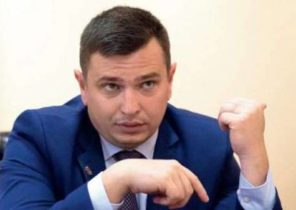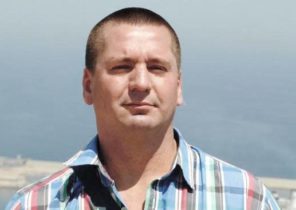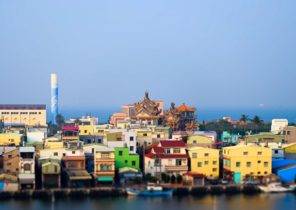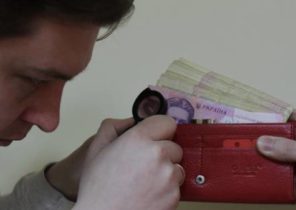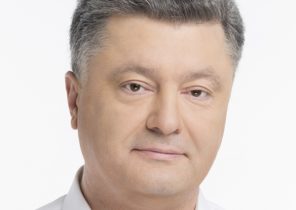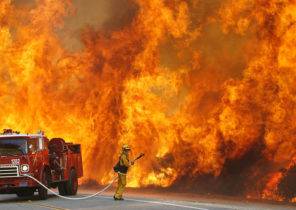
22 December, Vladimir Putin announced the intention to strengthen Russian nuclear forces to overcome any missile defense system. Although Western sanctions and falling oil prices became a major blow to the Russian economy, it puts military spending among the priorities.
Atlantico: on Thursday, Vladimir Putin ordered to strengthen in 2017, the Russian nuclear forces so that they were capable of penetrating any missile defense system, including the one that the United States wants to deploy in Eastern Europe. Western sanctions and falling oil prices weakened the economy of Russia, how’s she going to Finance the modernization of nuclear forces? To the detriment of some areas?
Florent Parmentier (Parmentier Florent): the Statement of Vladimir Putin on strengthening Russia’s nuclear forces was made after the Russian defense budget dropped from fourth to sixth in the world rankings.
Russia’s military budget has declined, and spending at the world level, on the contrary, significantly increased.
At first, the European sanctions against Russia violated the development of its economy, however, it should be noted that over time their effect weakens. So, in the Russian economy adopted a strategy of import substitution, which primarily relates to agricultural production. At the same time, the drop in oil prices became another factor of budget constraints regarding military expenditure.
Anyway, Russia made defence investment a priority, although in the structure of military expenditures there are significant changes: Moscow has focused on the development of special forces, cybersecurity, and aviation, rather than the traditional forces. The reallocation of defence spending should be considered in this vein.
In addition, this statement does not necessarily need to be taken at face value: it could be a negotiating strategy in anticipation of the inauguration of Donald trump. In this case, it is necessary to establish a certain balance of power, only to find themselves in a favorable negotiating position. Showing disagreement with the presence of a missile defense system in Central Europe, Vladimir Putin can count on a number of concessions. Such a negotiating strategy is part of the new environment in which Russia is so firmly back in the middle of a game, what hope is there for the lifting of sanctions in 2017.
— How is structured the Russian economy? The extent to which it resembles a war economy?
— The military economy implies an exceptional economic measures during military conflicts and not only. Its task is to maintain the necessary for the country’s economic activity that involves several areas: the pursuit of self-sufficiency, limiting personal consumption, guaranteed production of a number of commodities, including food and energy security… In this perspective, the economy departs from the international integration and moving closer to the logic of sufficiency (industrial or military-industrial) while limiting individual consumption.
Modern Russian economy is largely different from a centrally planned system that existed in the country only a quarter century ago. Although some large corporations (especially energy) are in orbit of power, a significant part of the economy was privatized. The presence of large SOEs in strategic areas common to many countries with rich mineral resources. This is sometimes called “resource nationalism.” Several sanctions have brought the Russian economy to autarkic dynamics, however, the national financial system is still closely connected with the international. Although there is clearly not enough confidence of foreign investors, and the quality of the judicial system is alarming, on the military economy of the question. High, the war in Russia is between the “fridge and a TV,” as the reviewers of triumphal rhetoric is opposed to the decline in private consumption. Anyway, the ability to limit their consumption in Russia is certainly higher than in most European countries.
In France as easily as in Russia, it would be possible to build up nuclear forces by order of the head of state? Or obstacles in France for it any more?
Among European countries, France stands out by the importance of the role of the President (he is the Supreme commander) and limited powers of Parliament in these matters.
In this regard, it is worth noting just the amazing results of comparison of opportunities in decision-making French and German authorities. In Germany adopted in 2016, the doctrine reiterates its reluctance to conduct operations outside its own borders.
Nuclear forces play a special role in France, especially after Brexia she will be the only nuclear power among the remaining 27 members. For the preservation of their capabilities and modernization of aviation and underwater components of France will have to redouble focused on this budget in difficult financial situation. As in Russia, the situation in France has a very weak understanding of nuclear issues, which complicates the implementation of control over them. And can create the problem from the point of view of democracy.
